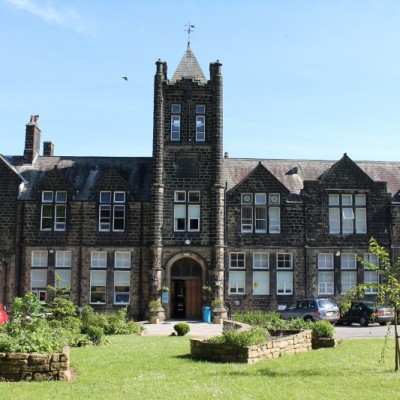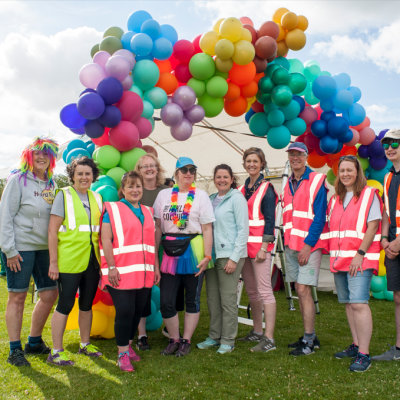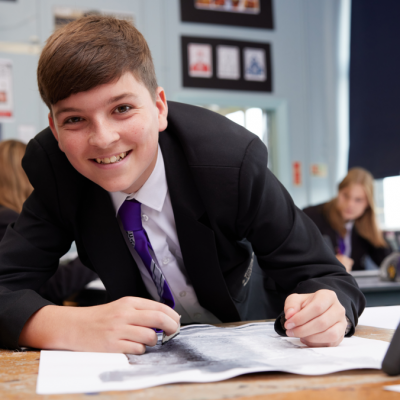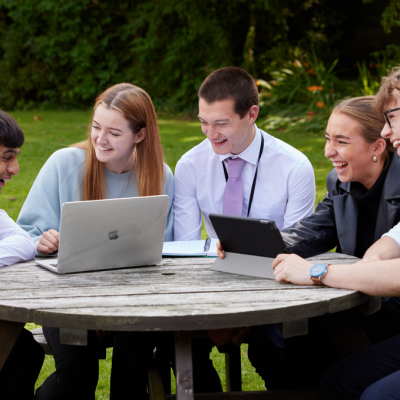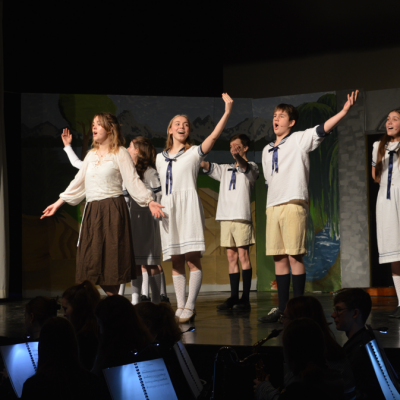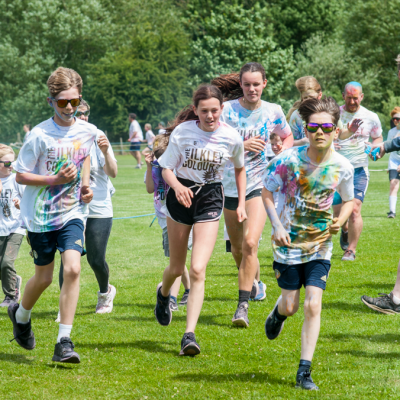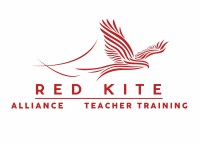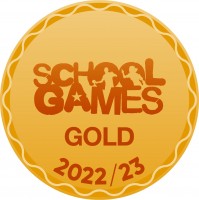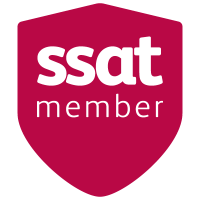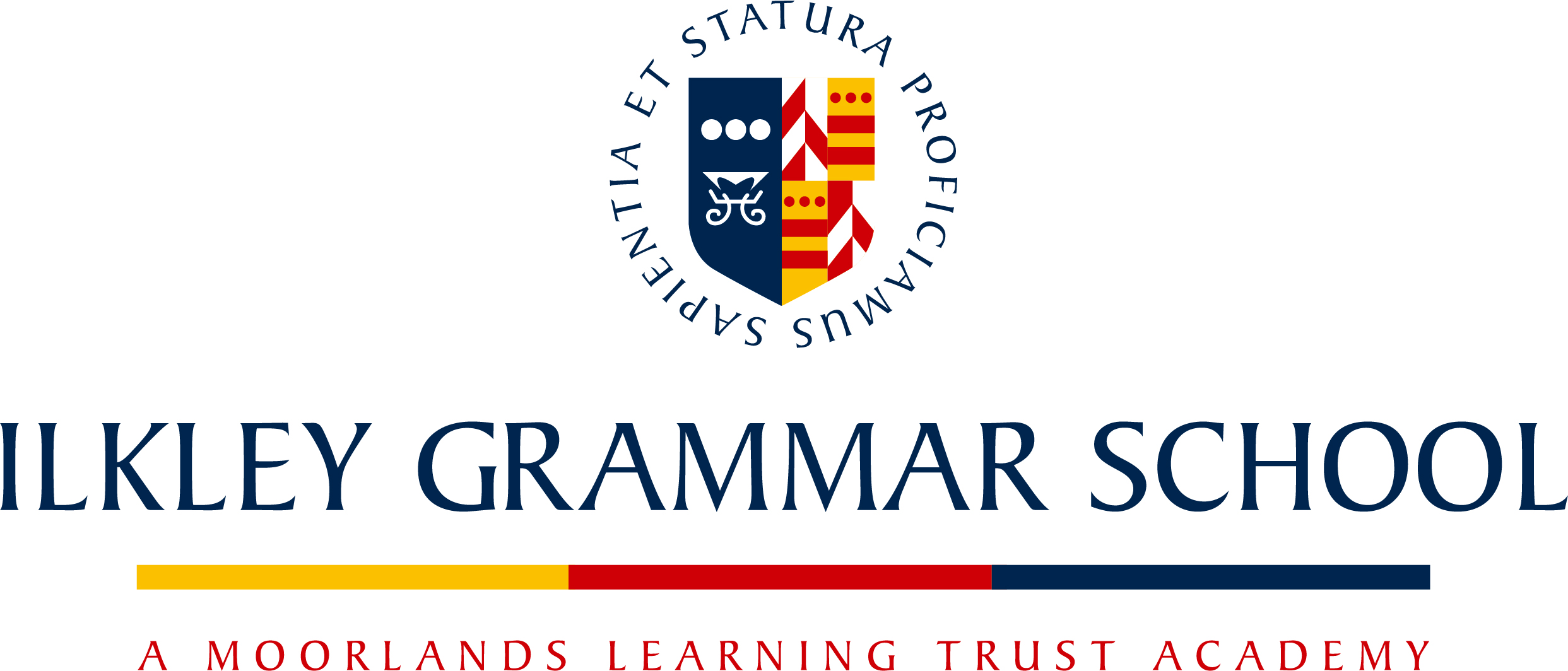Media Studies (Year 9 - Post 16)
Media Studies is centred on a balance of practical and critical, theoretical work. It aims to equip you with the means to both create your own media texts and analyse existing media texts, including the institutional context they emerge from, and the crucial process of defining and targeting an audience. Towards this, we use a wide range of specialist terminology and critically examine competing theories.
Media Studies Curriculum Intent
The media has long played a critical role in society and culture, shaping and informing our perception of the world around us, as well as entertaining, inspiring and connecting us.
With the advent of digital technology, the power of the media to influence has grown exponentially, and we now find ourselves consuming media forms of one kind or another almost constantly in our day-to-day lives. But the tremendous power wielded by the media demands that we approach it critically, questioning the messages we receive and whether the power to influence is being used by media producers responsibly.
Through the teaching of Media Studies at IGS, we aim to develop in our students an understanding of the power of the media in modern society whilst inspiring them to become critical, creative thinkers with the ability to express themselves through a range of media forms.
In lessons, students are given the opportunity to explore the ever-changing media industries by studying a wide range of traditional, digital and participatory media forms. Students are encouraged to become critical thinkers with an appreciation of how different media can shape and define the world around us. Through in-depth and detailed analysis of various media forms including film, television, radio, newspapers, magazines, computer games, music videos and social media, students gain a broad and deep insight into the staggering influence of the media.
This creative and thought-provoking subject is underpinned by the application of theoretical ideas and approaches which can then be expressed using media language, enabling students to not only respond to the world around them, but to creatively contribute to it.
The Year 9 course of study aims to introduce students to the key Media Studies concepts of Representation, Audience, Genre, Narrative and Media Language. These complex and thought-provoking topics are taught as part of a series of exciting projects centred around Magazines, Video Production and Film Industry Advertising.
After learning the theory that underpins each topic, students create their own media, effectively demonstrating their understanding of the ‘language’ of each media form through creative application. As much as it is intended to provide a foundational theoretical understanding of media, the course is also designed to engage students with creative activities they will enjoy; we want students to develop a love for the subject during this first stage of their journey.
If they choose to progress to the GCSE course, students are ready to deepen their understanding of the theoretical ‘pillars’ of the subject:
- Audience;
- Industry;
- Representation; and
- Media Language.
The course covers a very broad range of media products and platforms and enables students to balance their theoretical understanding of media with practical application in the form of non-examined coursework (worth 30% of the final grade).
During the two-year course, students study a wide range of media forms. By analysing specific texts, students learn to apply their understanding of the theoretical pillars as well as learning about the historical context of each product and its effect and influence on its audience. Their analysis and written work is deepened by the specific use of media terminology which expresses their understanding of technical and aesthetic codes and strengthens their understanding of the media’s influence on (and reflection of) society.
At the end of Year 10, students work independently to produce an original piece of media by responding to an assignment brief. This can be in one of a number of media forms: music video, TV/film production, film poster and DVD cover design or website design. As well as allowing students to demonstrate their understanding of media language, this also helps to develop important transferable skills in digital media production.
By the time they complete their Key Stage 4 studies, IGS Media students have a broad understanding of media forms and the industries that produce them, as well as the technical and critical language to be able to analyse them.
Students who choose to continue their Media Studies education further progress to the Level 3 Cambridge Technical Extended Certificate in Digital Media.
The Post-16 course is geared towards vocational study, consolidating the theoretical and technical knowledge students have gained over the previous three years.
The OCR Cambridge Technical course is made up of six units. In Year 12, students complete a unit entitled Media Products and Audiences. Focussing on film, the unit consolidates student knowledge about theory, audience and media language and the relationship between them. This unit forms the foundation of the course, is examined at the end of Year 12 and is taught concurrently with two coursework units.
The first is a unit called Create a Media Product in which student plan and produce an original music video. This project builds on the experience students gained in their production task in Year 10. They complete the full suite of pre-production, production and post-production tasks, recording their progress in the form of a coursework blog. In the Spring Term, Year 12 students complete a unit called Plan and Pitch a Media Product, in which they conceive and pitch an idea for an original BBC drama to an external industry expert. This unit gives students both an opportunity to use their imagination and creative skills and the experience of conveying their ideas professionally to an expert.
In Year 13, students complete a unit entitled Pre-Production and Planning. This unit consolidates prior learning about the ways in which media products are planned and pre-produced, providing them with vocational skills and knowledge they can take into a variety of media industries. Whilst learning this content, students also complete two coursework units. The first is on screenwriting and gives students the opportunity to express themselves creatively, writing an excerpt for a television drama. They also complete a unit called Advertising Media, in which they deepen their knowledge and understanding of the advertising industry, introduced to them in Year 9 and built upon in Year 10.
When IGS students complete their studies at the end of Year 13, they have become media experts. They have acquired an understanding of:
- The critical theories surrounding and underpinning the mass media;
- The way in which culture both informs and is reflected in the media;
- How various media industries operate in the real world;
- The way in which the media influences society and creates and disseminates its messages;
- The media language of film, television, radio, advertising, video games, music videos, interactive and print media products;
- Key media production skills including video production, sound production, screenwriting, pre-production, post-production, graphic design and interactive/motion graphics.
In short, they have become young adults capable of both understanding, criticising and contributing to the progress and development of mass media in contemporary society.
